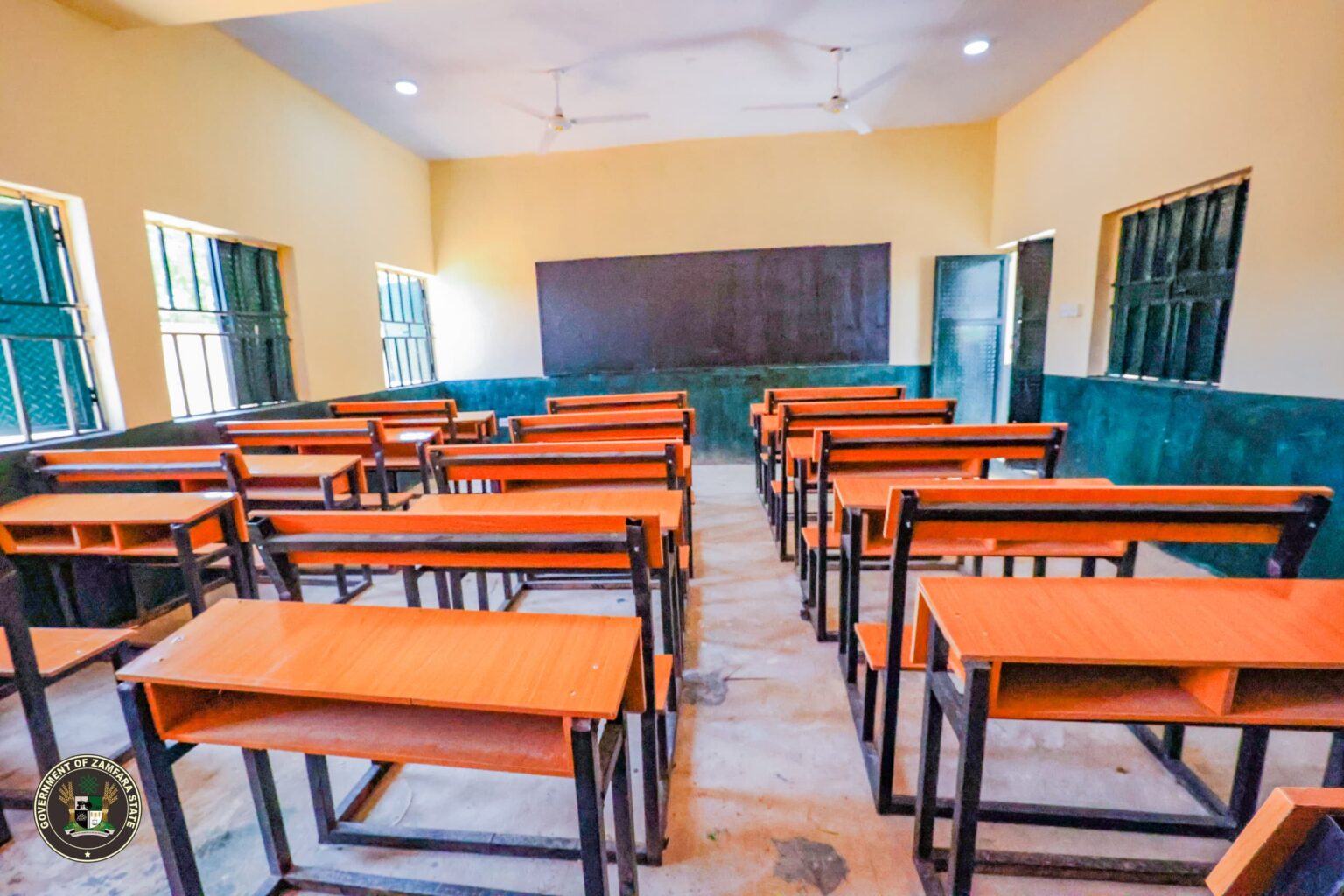The Nigerian Federal Government has announced plans to discontinue both Junior Secondary Schools (JSS) and Senior Secondary Schools, replacing them with a mandatory 12-year uninterrupted basic education system.
This model, which aims to ensure that every Nigerian child completes basic education before pursuing higher studies, will replace the current 6-3-3-4 education structure with a 12-4 system.
In addition, the government has sought approval from the National Council on Education (NCE) to officially establish 16 years as the minimum age for entry into tertiary institutions in the country.
Education Minister Dr. Tunji Alausa made this announcement on Thursday in Abuja at the 2025 extraordinary National Council on Education meeting.
The NCE, the highest policy-making authority in Nigeria’s education sector, convened with the participation of education commissioners from all 36 states and the Federal Capital Territory (FCT), alongside various agencies, parastatals under the Ministry of Education, and development partners.
Alausa explained that by incorporating secondary education into the basic education system, students will now benefit from uninterrupted learning until the age of 16.
He described the new policy as in alignment with global best practices, stressing that it will address issues of financial and systemic barriers that currently prevent many students from completing secondary education, thereby reducing dropout rates.
“By extending basic education to 12 years, we aim to create a standardized curriculum that is consistent across the nation,” Alausa stated.
He further emphasised that this reform would allow for early exposure to vocational and entrepreneurial skills, preparing students not only for higher education but also for employment opportunities.
Drawing parallels with many developed countries, Alausa pointed out that nations with a 12-year basic education system ensure that students acquire core knowledge before moving on to specialized fields at the tertiary level.
The minister also stressed that this reform will contribute to both economic and social progress. “Educated young people play a crucial role in national development,” he noted. “By extending compulsory education, students will be better equipped with the skills needed to join the workforce, reducing child labour and other social issues associated with premature school dropouts.”
To successfully integrate secondary education into the basic education system, Alausa outlined several key strategies, including policy reforms, expansion of educational infrastructure, teacher training and recruitment, increased funding, and curriculum improvements.



